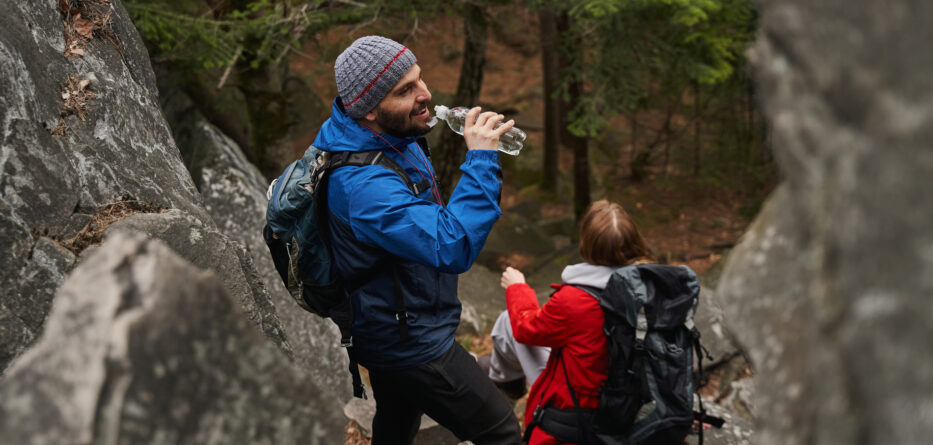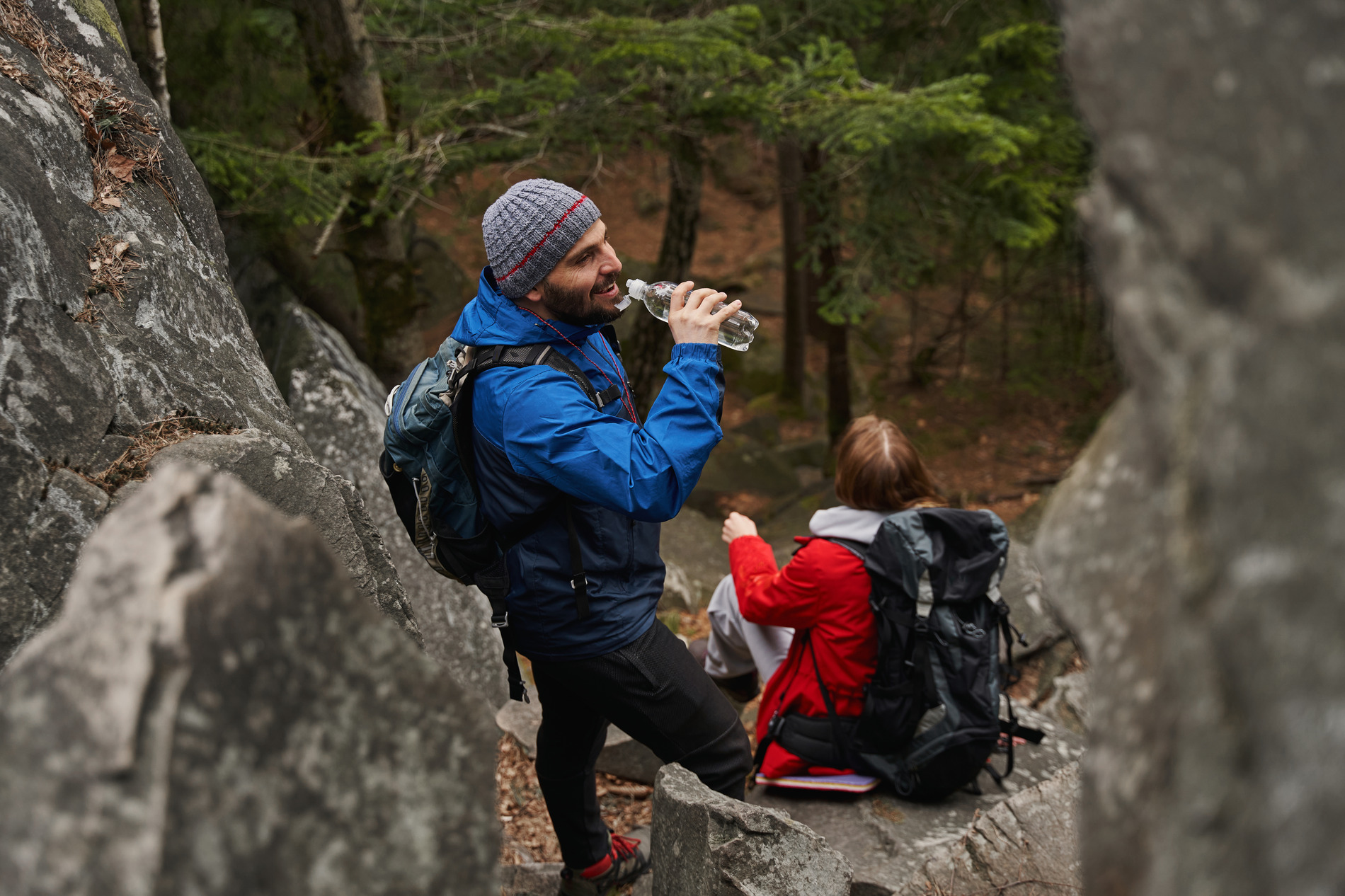
Hiking for the First Time? This List Will Help
Heading out on a hiking adventure? Packing the right essentials can make the difference between an amazing trek and a tough day on the trails. Whether you’re tackling a short hike or a full-day expedition, you need to be prepared for whatever nature throws your way. Here are 13 must-pack items to keep you safe, comfortable, and ready to enjoy the great outdoors.
1. Comfortable Backpack
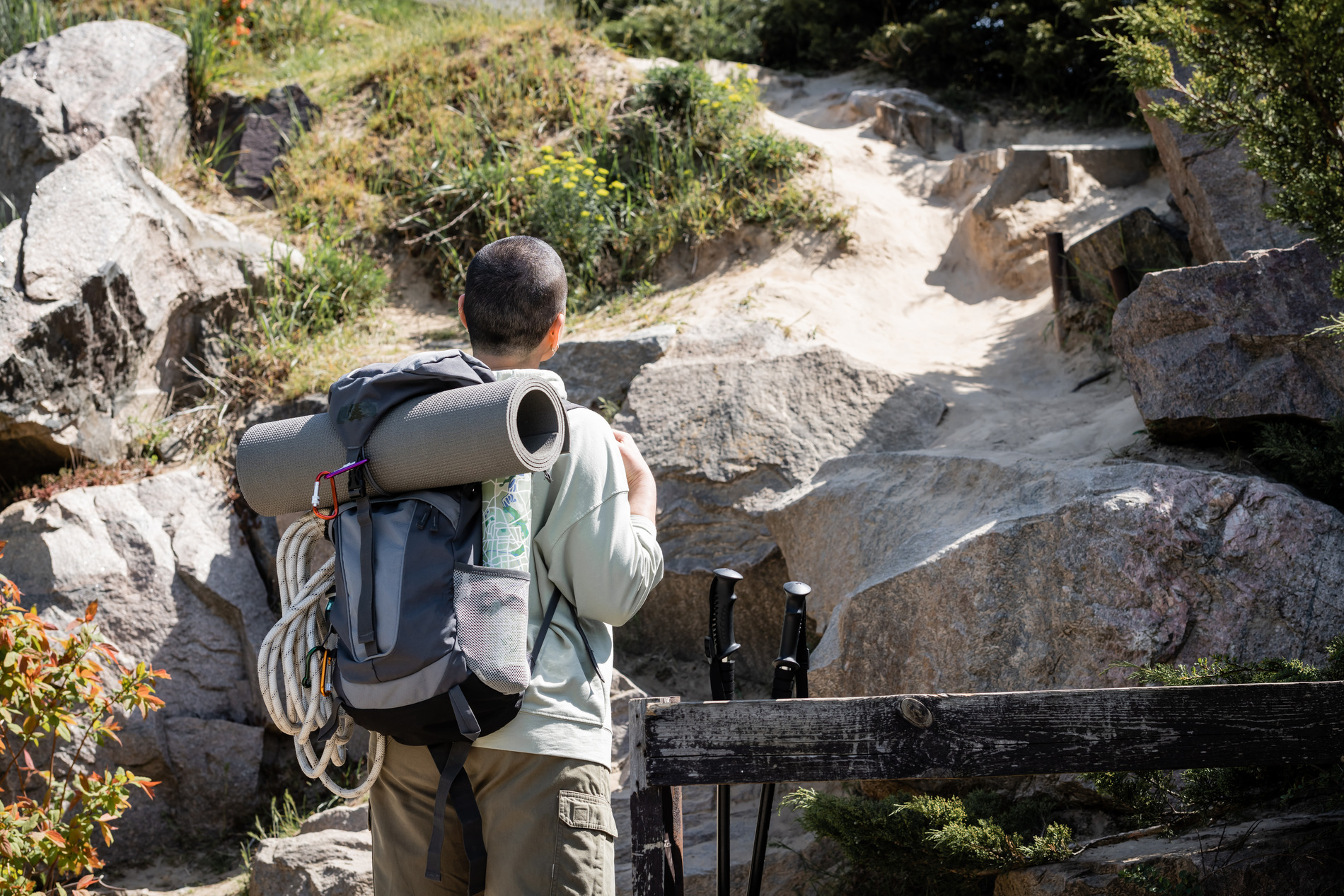
Your backpack is your hiking HQ, so choose one that’s sturdy, lightweight, and fits snugly. Look for adjustable straps and multiple compartments to keep things organized. A backpack with a hydration bladder pocket is a bonus for easy access to water on the go.
2. Water Bottle or Hydration Pack
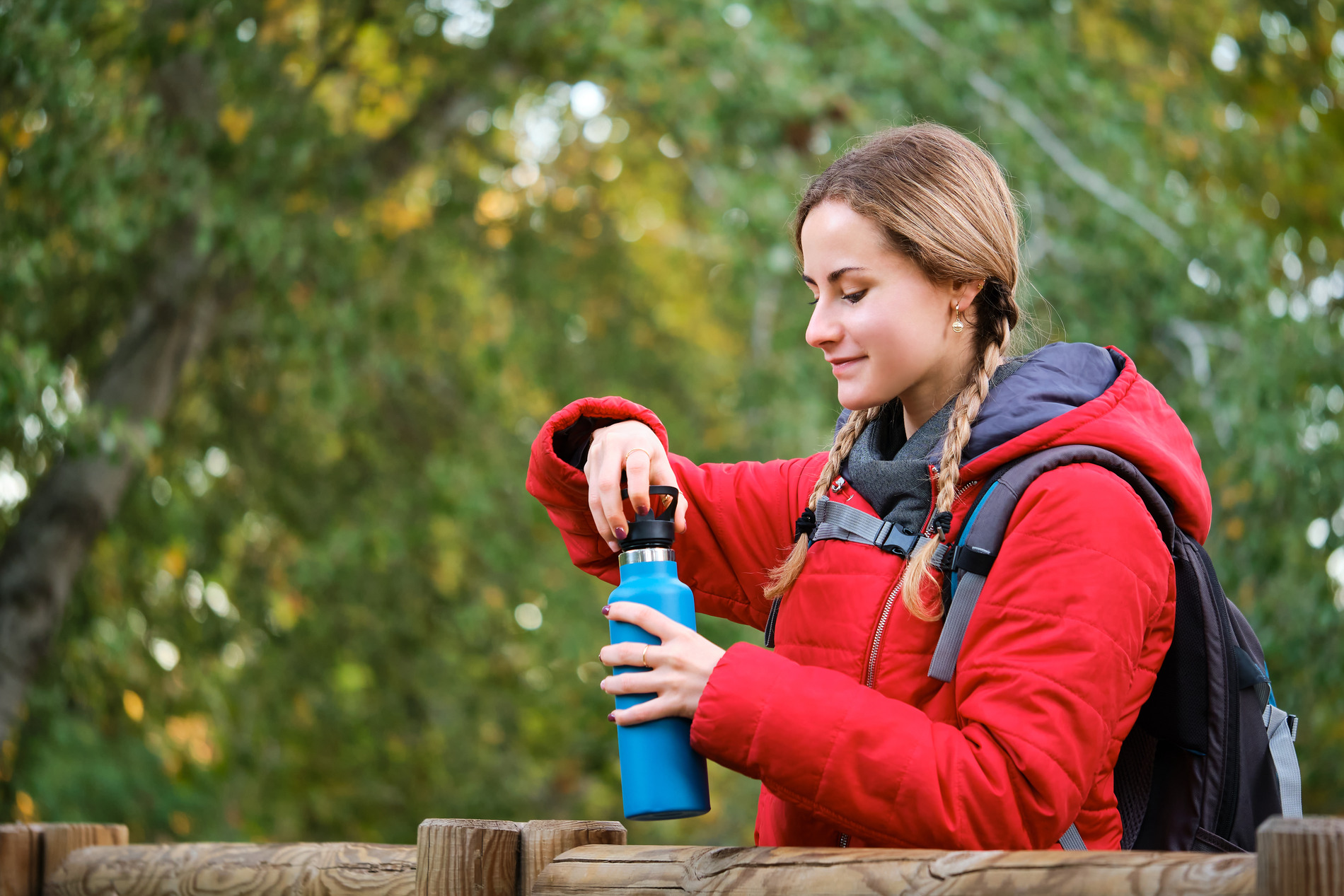
Staying hydrated is crucial, even on shorter hikes. Carry a reusable water bottle or a hydration pack with at least 1-2 liters of water. If you’re hiking longer trails, consider packing a portable water filter or purification tablets to refill safely from natural sources.
3. Snacks and Energy Boosters
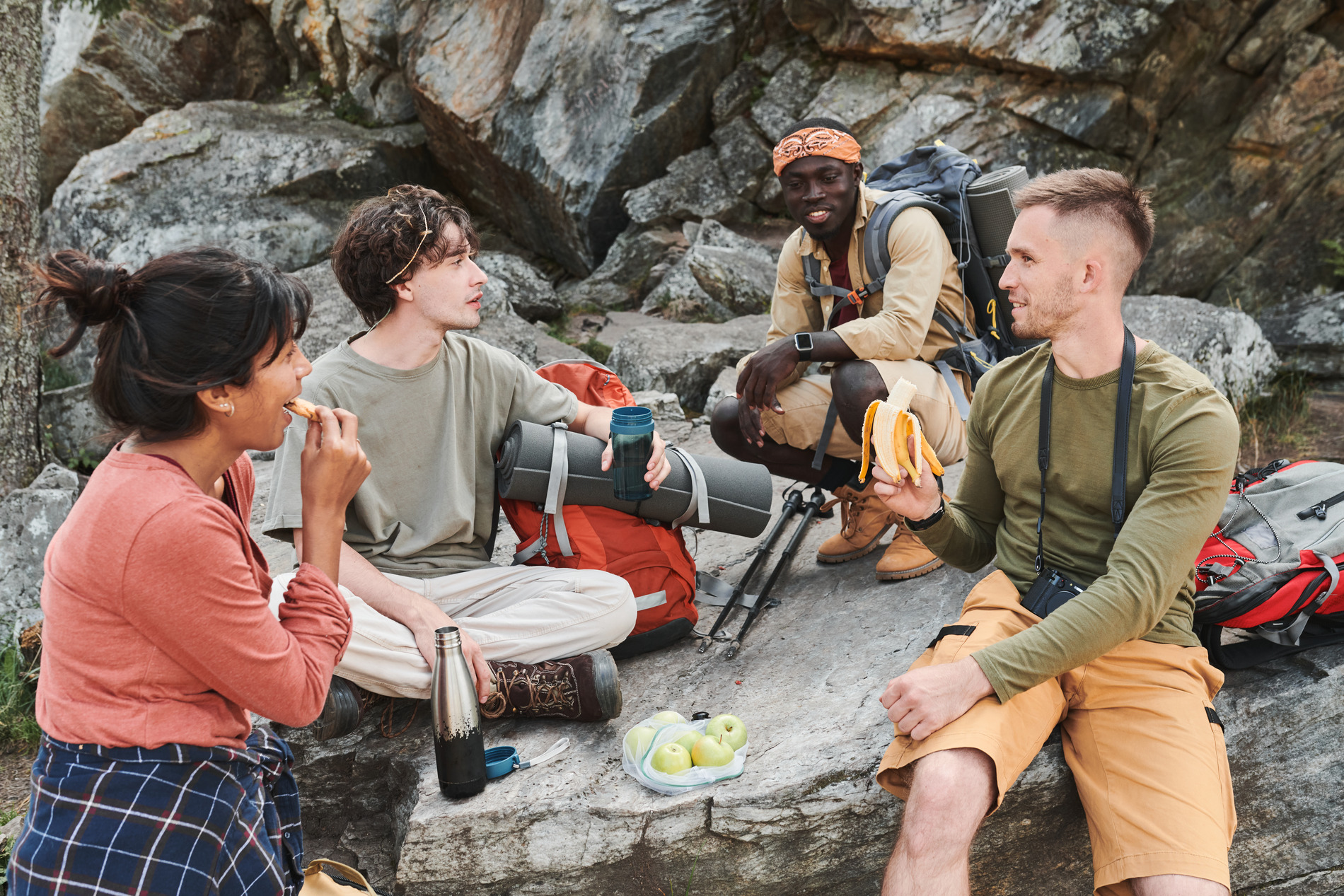
Hiking burns a ton of energy, so pack snacks like trail mix, granola bars, or dried fruit to keep your energy up. For longer hikes, bring something more substantial like a peanut butter sandwich or jerky. Avoid heavy foods that might weigh you down.
4. Proper Footwear
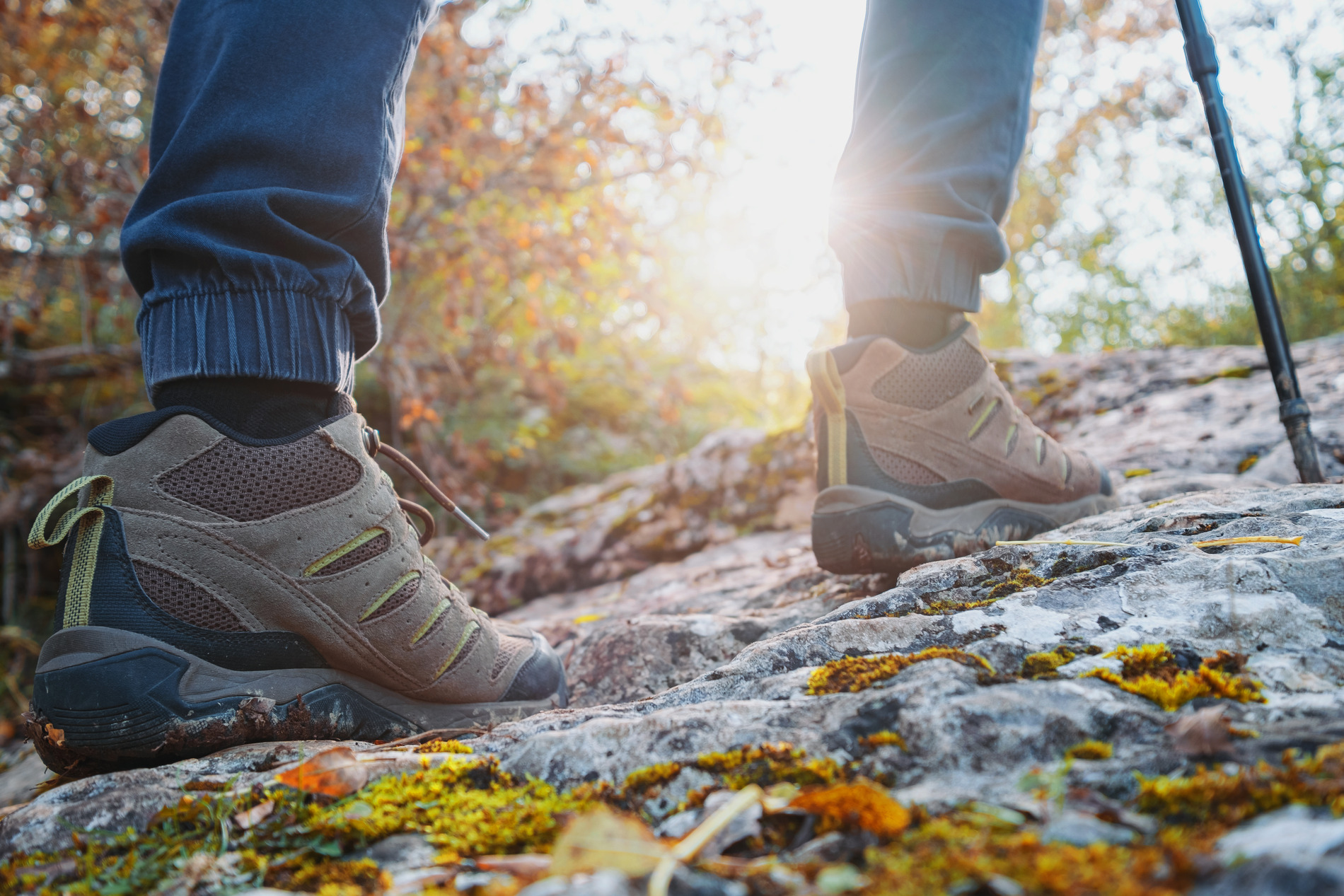
While you’ll already be wearing these, the importance of sturdy, well-fitted hiking boots or trail shoes can’t be overstated. They provide the support and grip you need to navigate uneven terrain. Don’t forget to wear moisture-wicking socks to avoid blisters.
5. First Aid Kit
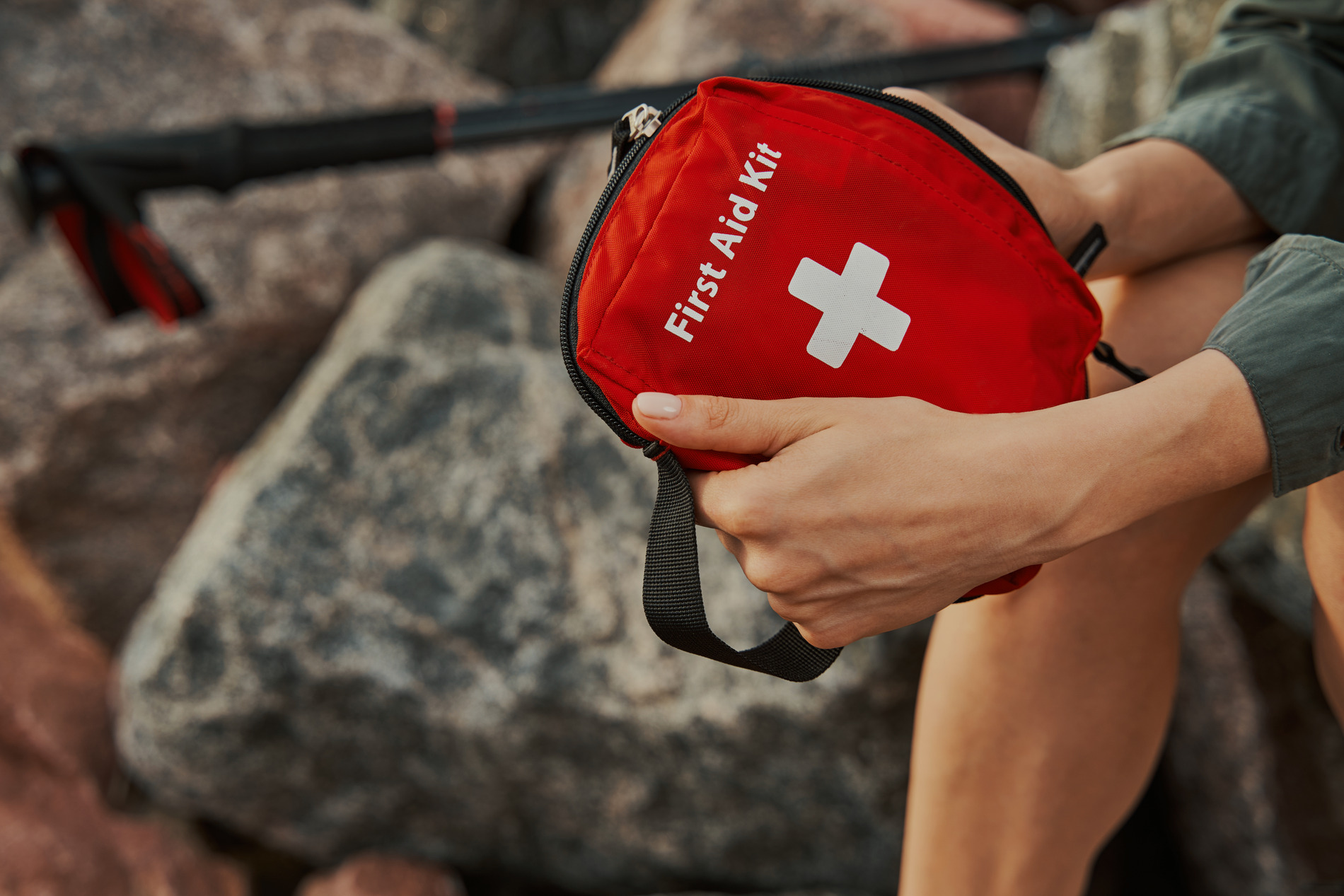
A basic first aid kit is non-negotiable. Include items like bandages, antiseptic wipes, blister pads, pain relievers, and any personal medications. You don’t have to pack a huge kit, but make sure it’s stocked with essentials for treating minor injuries.
6. Navigation Tools
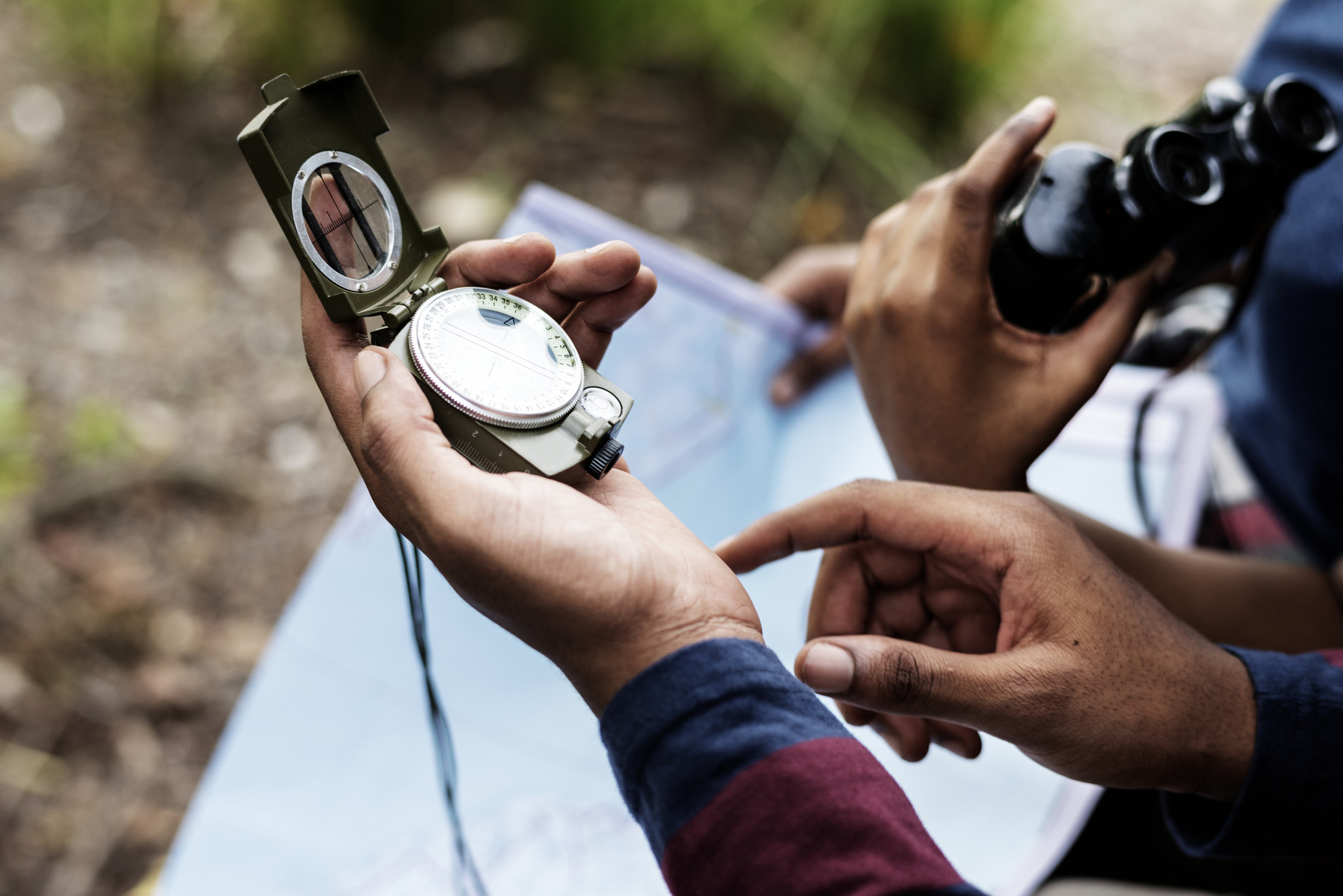
A map and compass are old-school essentials that can save the day if your phone loses signal. If you prefer tech, make sure your GPS device or phone app is fully charged, and bring a portable power bank as backup.
7. Weather-Appropriate Clothing
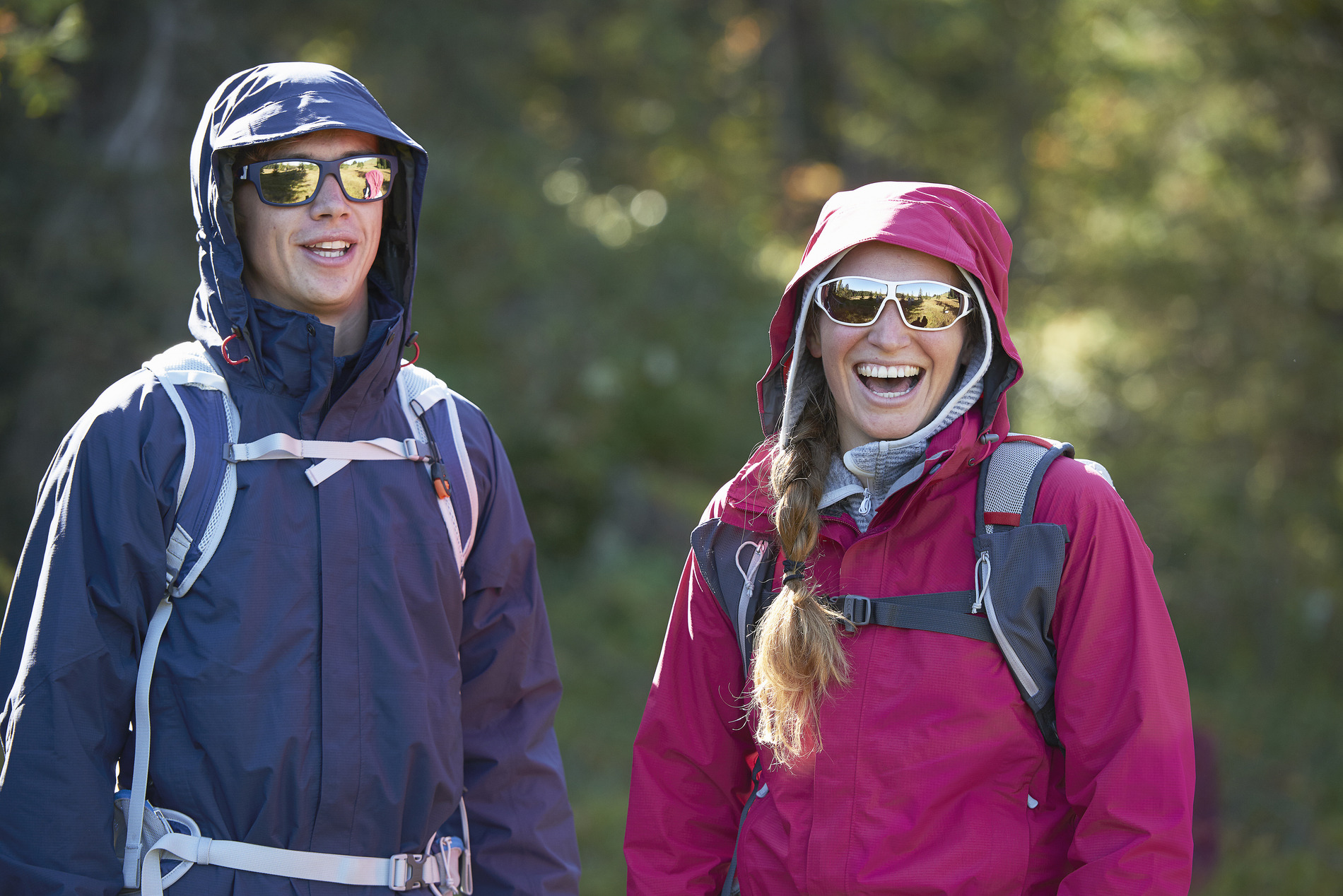
Layering is key when hiking. Wear moisture-wicking base layers, an insulating middle layer, and a waterproof outer layer in case of rain. Even on warm days, pack a light jacket or windbreaker—you’ll thank yourself when it gets cooler at higher altitudes.
8. Sun Protection
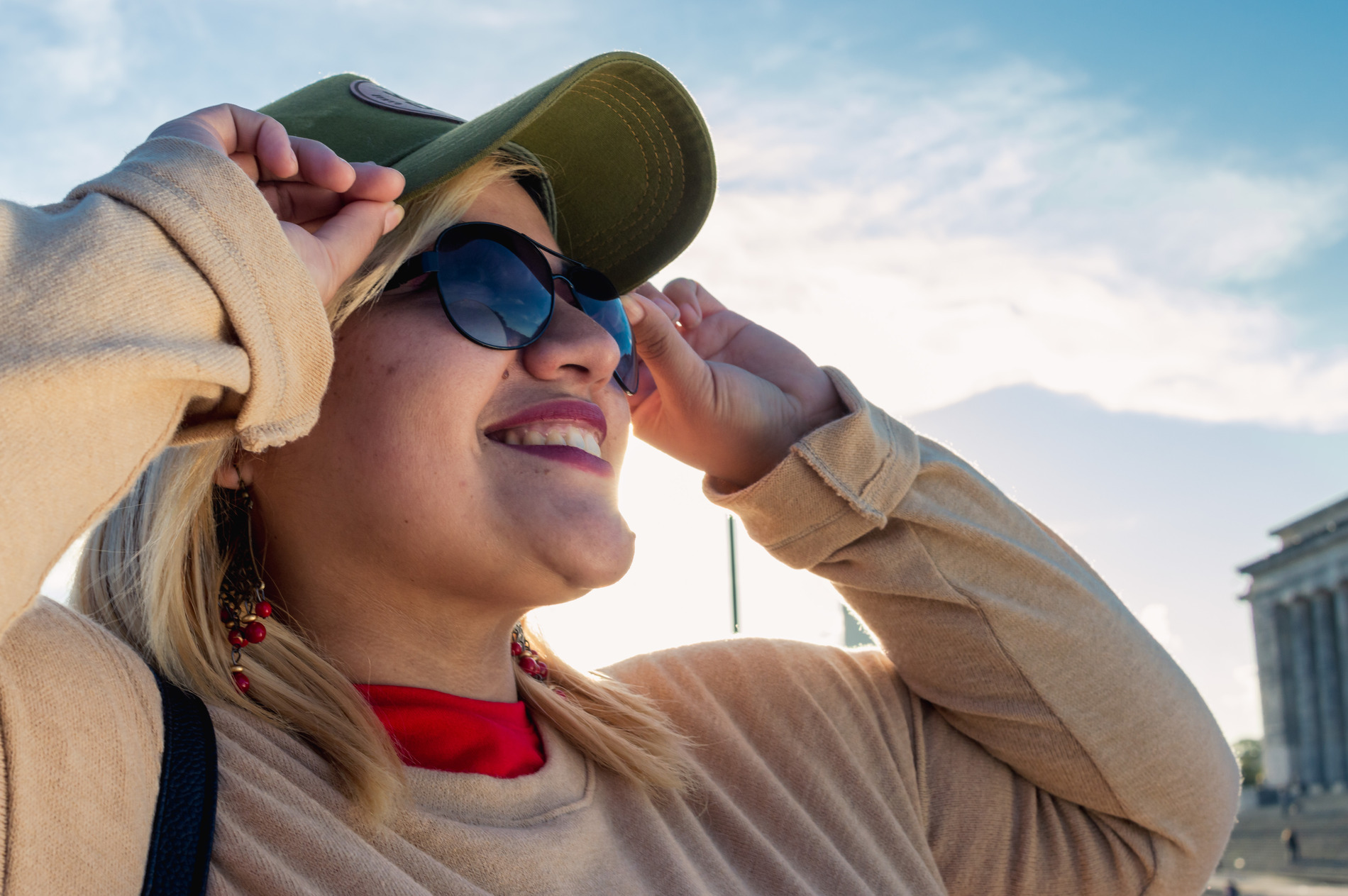
Even on cloudy days, the sun can take a toll. Bring sunscreen, lip balm with SPF, sunglasses, and a wide-brimmed hat or cap to protect your skin and eyes from harmful UV rays. Reapply sunscreen throughout the hike to stay protected.
9. Multi-Tool or Knife
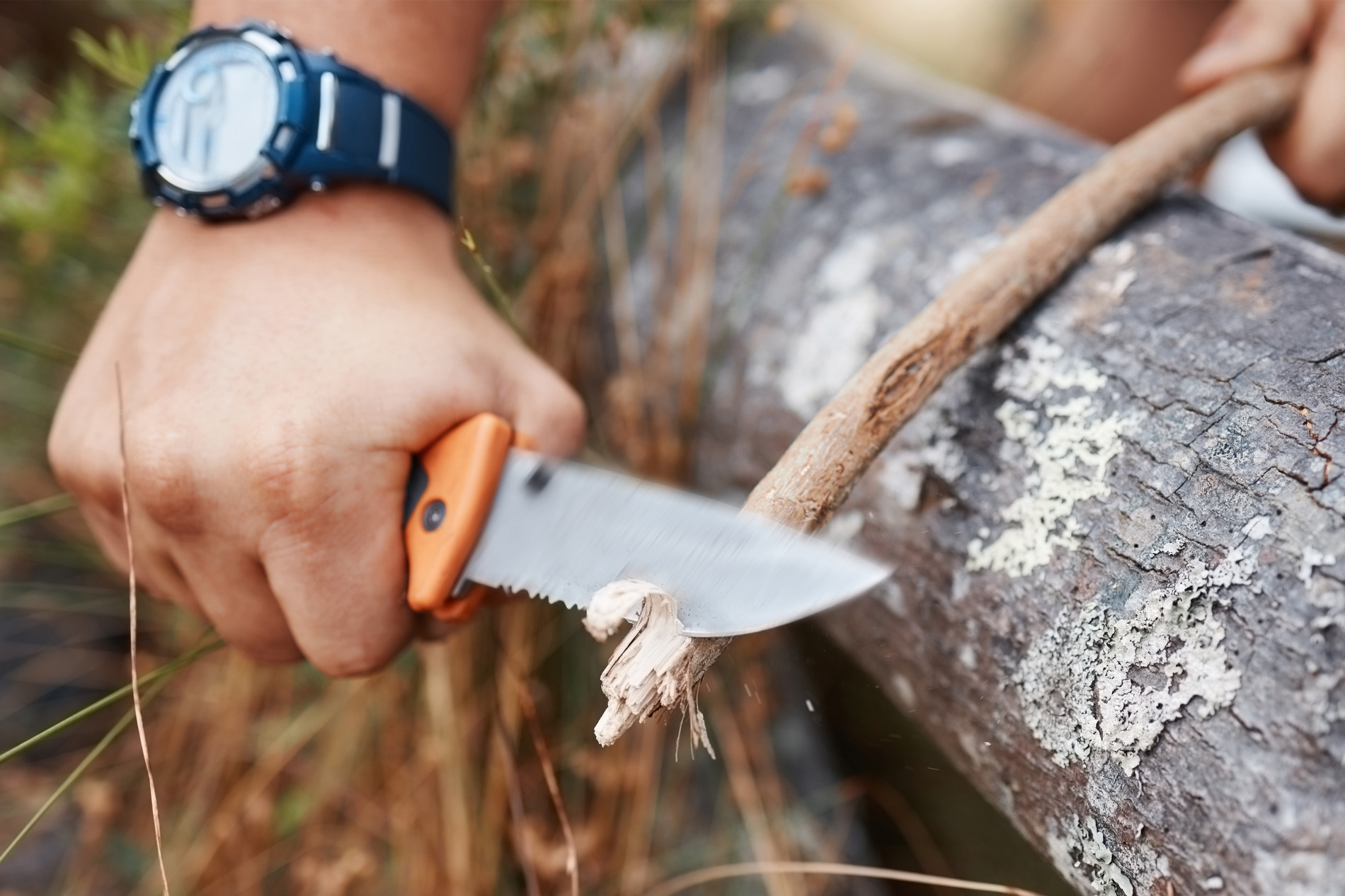
A compact multi-tool or knife can be a lifesaver for tasks like cutting rope, opening packages, or even fixing gear on the trail. Choose one with a variety of tools like scissors, screwdrivers, and a blade for maximum utility.
10. Flashlight or Headlamp
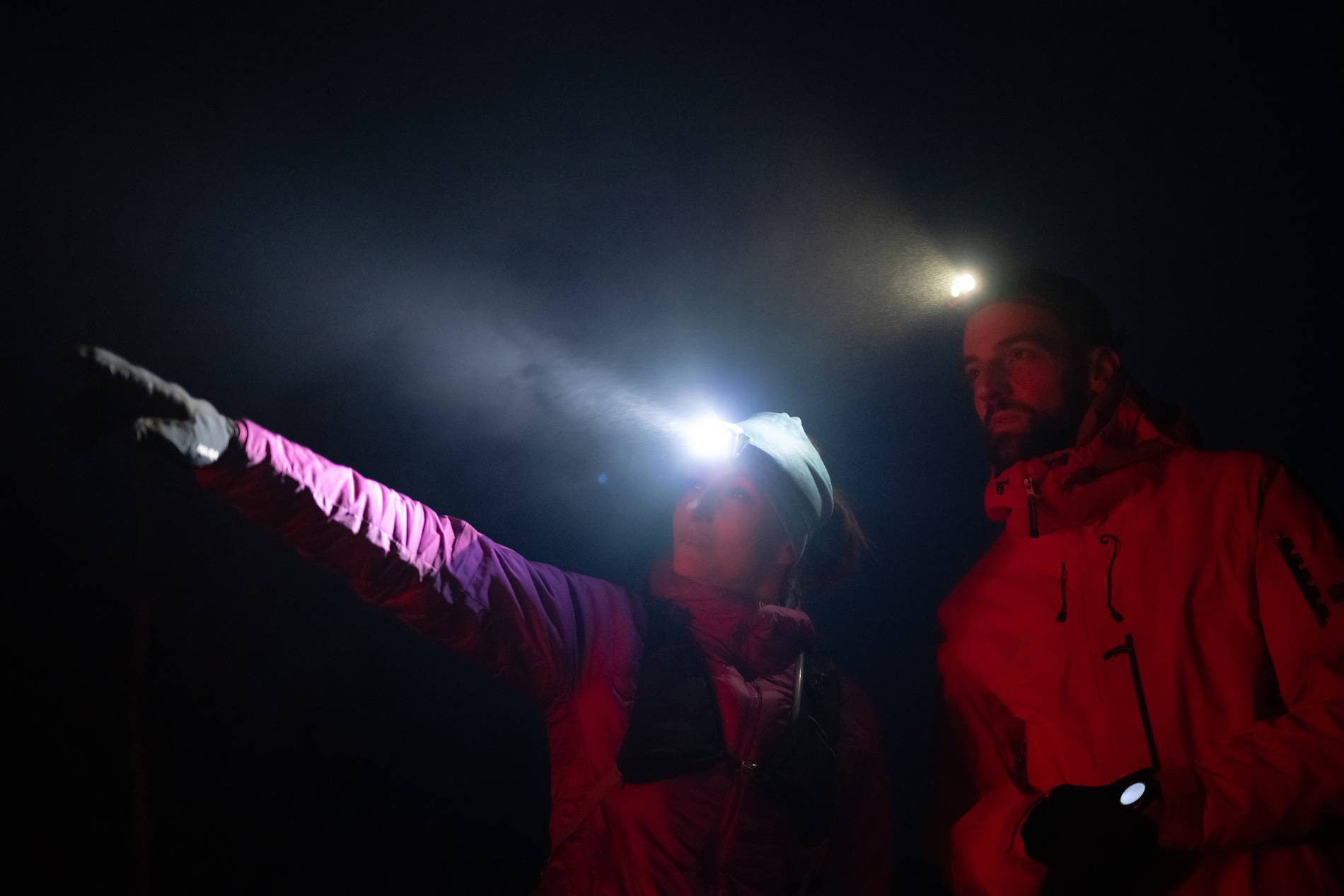
Even if you’re planning to finish your hike before sunset, it’s smart to pack a flashlight or headlamp. Unexpected delays can happen, and having a light source ensures you won’t be stuck navigating in the dark. Don’t forget extra batteries!
11. Emergency Blanket or Bivvy
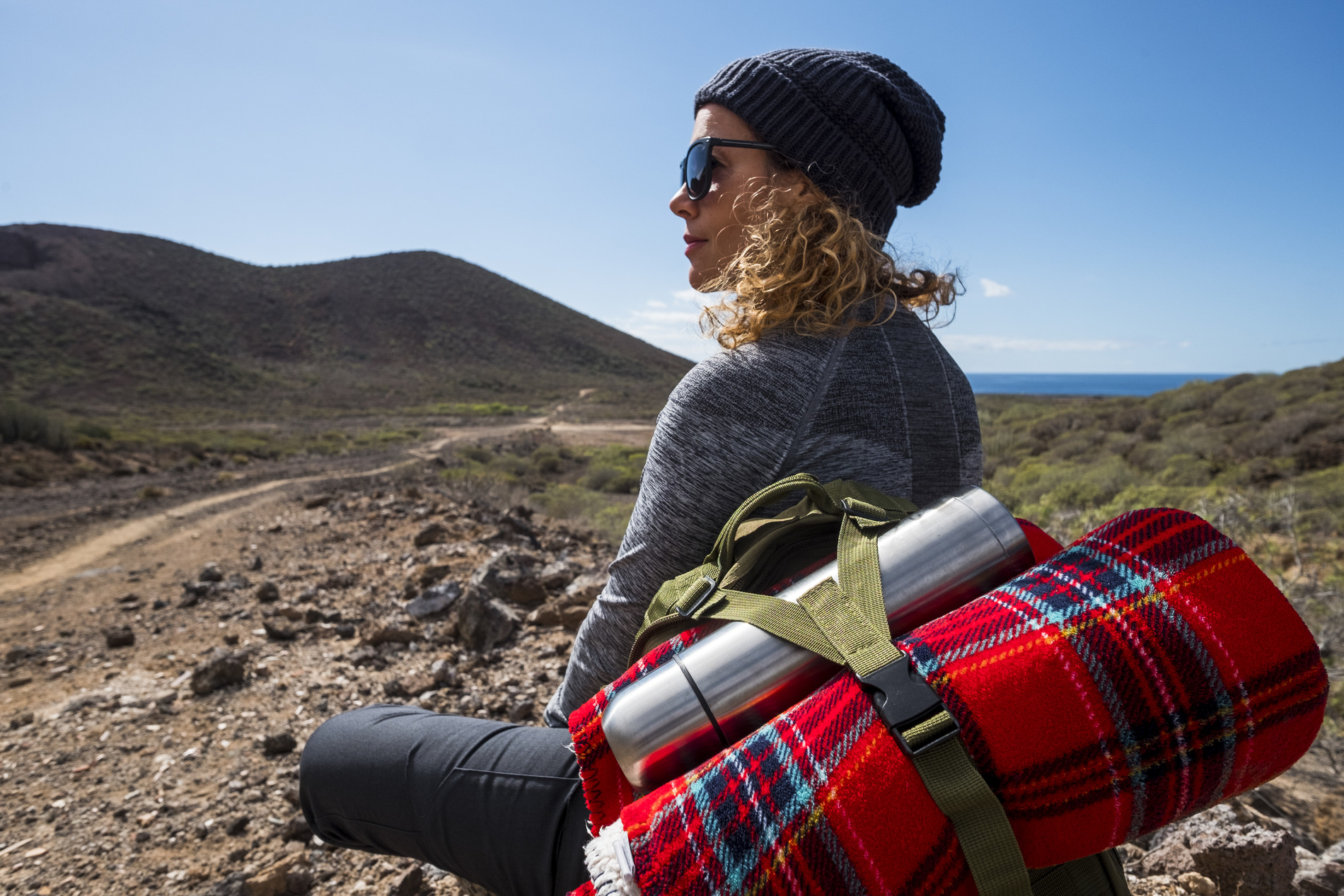
An emergency blanket or bivvy is lightweight but incredibly useful if the weather turns or you find yourself stuck overnight. It provides insulation and helps retain body heat, keeping you warm and safe in case of an emergency.
12. Trekking Poles
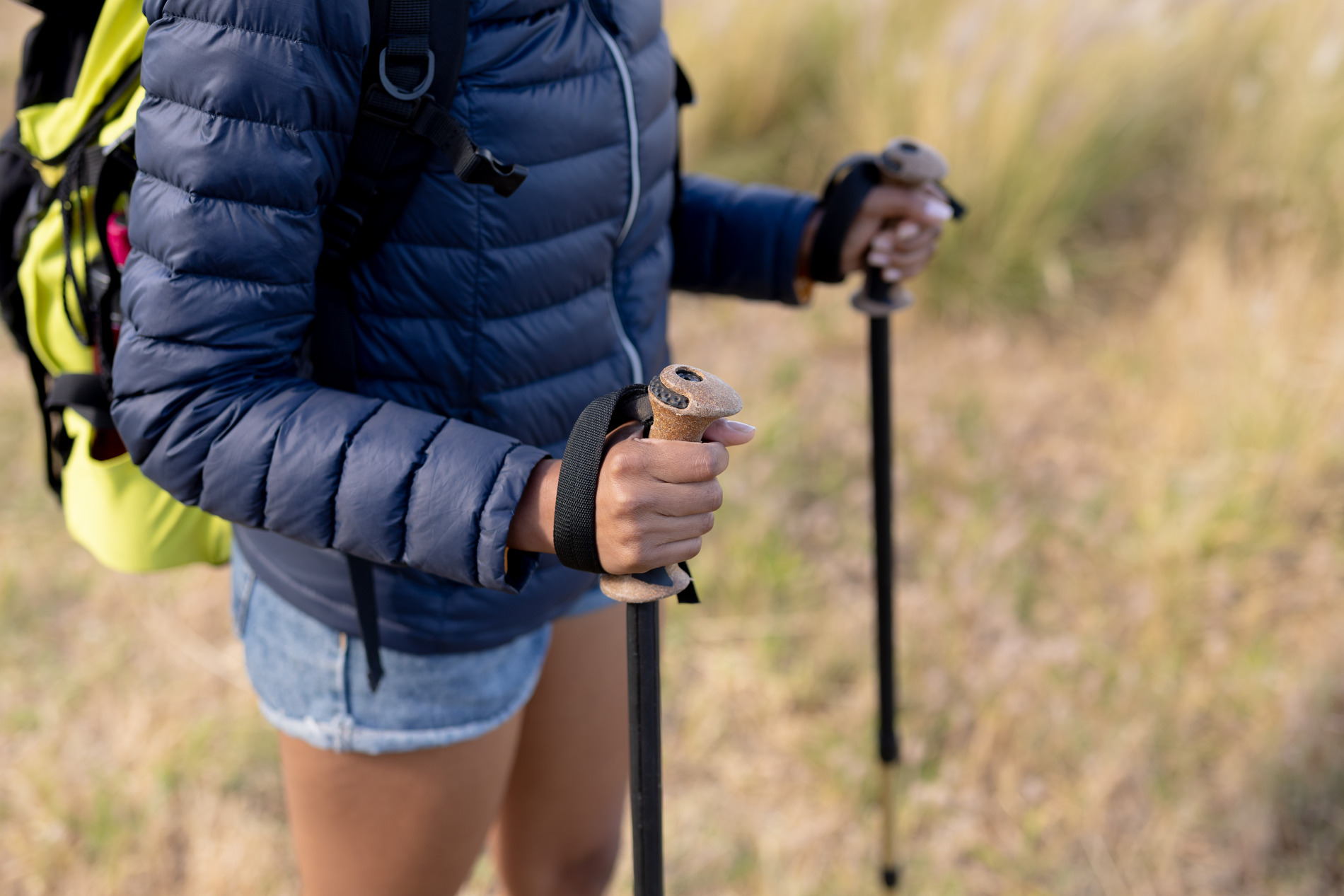
While not mandatory, trekking poles can make a big difference on challenging trails. They reduce strain on your knees, improve balance, and make steep ascents or descents easier. Look for collapsible ones to save space in your pack.
13. Trash Bag or Ziplock Bags
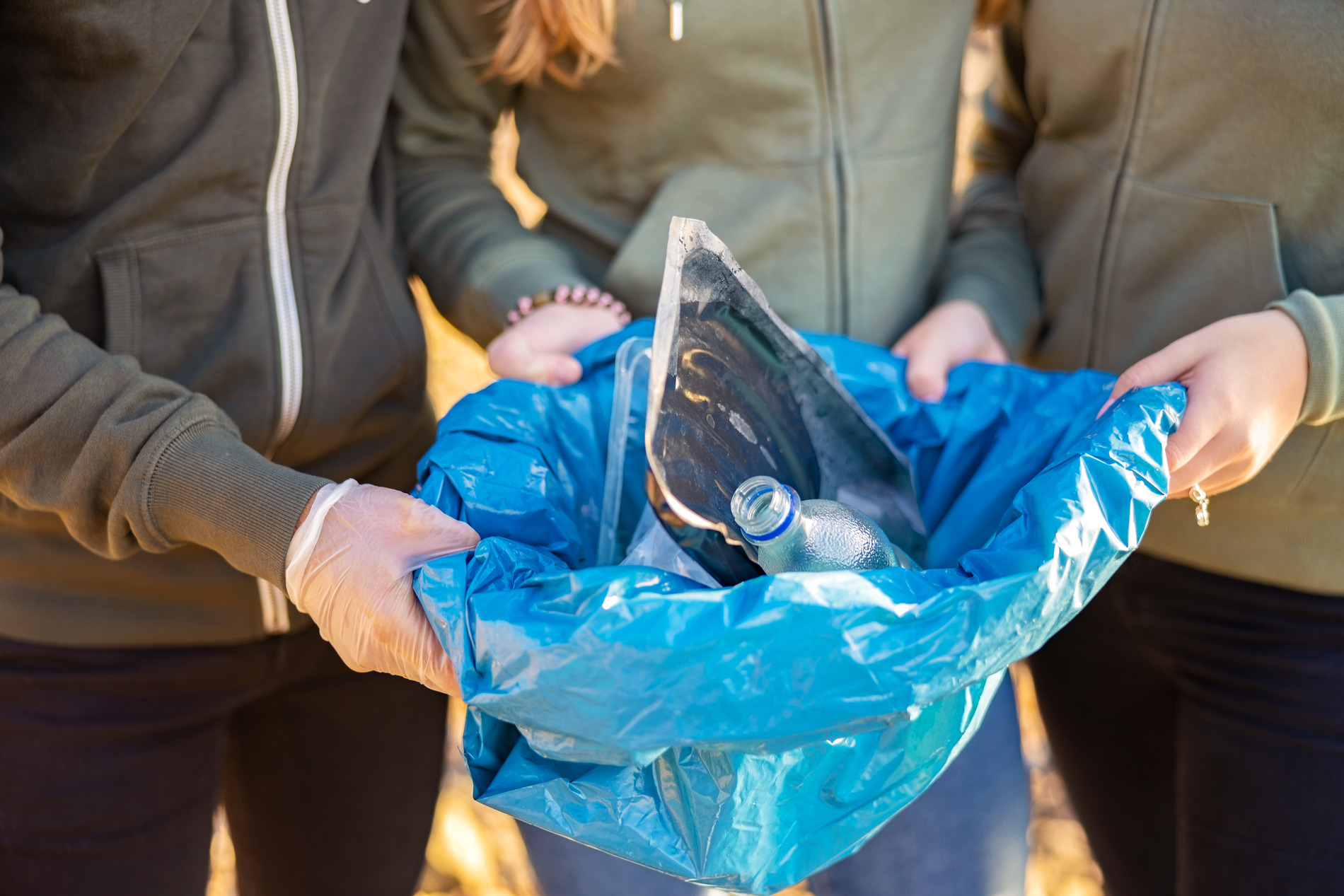
Leave no trace is the golden rule of hiking. Bring a small trash bag or ziplock bags to pack out all your garbage, including food wrappers and biodegradable waste. Respecting the environment ensures it’s just as beautiful for the next hiker.
The Final Step
Being prepared makes your hike safer, smoother, and way more enjoyable. Packing these essentials ensures you’re ready for anything, from sunny skies to sudden weather changes.
US Treasury Confirms Major Cyber Attack Linked to China
-
Palm Beach County may be known for its vibrant nightlife and coastal energy, but beyond the usual bars and...
-
Focused on Quality Food and Community Learning Jupiter Creamery Farm sits on ten acres in Jupiter Farms, Florida, operating...
-
Palm Beach Gardens may be known for its manicured landscapes, championship golf, and upscale ease, but beyond the polished...
-
Credit: Shutterstock Zayn Malik is officially stepping into a bold new era. Today, February 6, the global superstar released...
-
Credit: Shutterstock Bruce Springsteen is back in the spotlight, and this time, he’s using his music as a megaphone...
-
Credit: Shutterstock Hollywood woke up buzzing this week as Sinners officially rewrote the Oscar record books. Ryan Coogler’s genre-blending...
-
Credit: Shutterstock Global superstars BTS are officially back—and they’re bringing their hearts with them. The iconic seven-member group has...
-
Credit: The Wagyu Shop Luxury food is not only reserved for the holidays The Wagyu Shop has built its...
-
Credit: Shutterstock Disney is officially spinning up a new chapter of Tangled, and fans finally know who will be...
-
Credit: Shutterstock After nearly a decade of Demogorgons, bike rides through Hawkins, and friendships forged in the Upside Down,...
-
Credit: Shutterstock Hollywood audiences are getting a front-row seat to a story that’s as heartfelt as it is dramatic...
-
Credit: Shutterstock President Donald Trump has unveiled a bold and buzz-worthy addition to America’s upcoming 250th birthday celebration: the...

